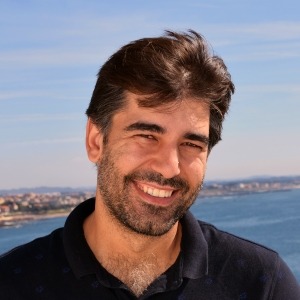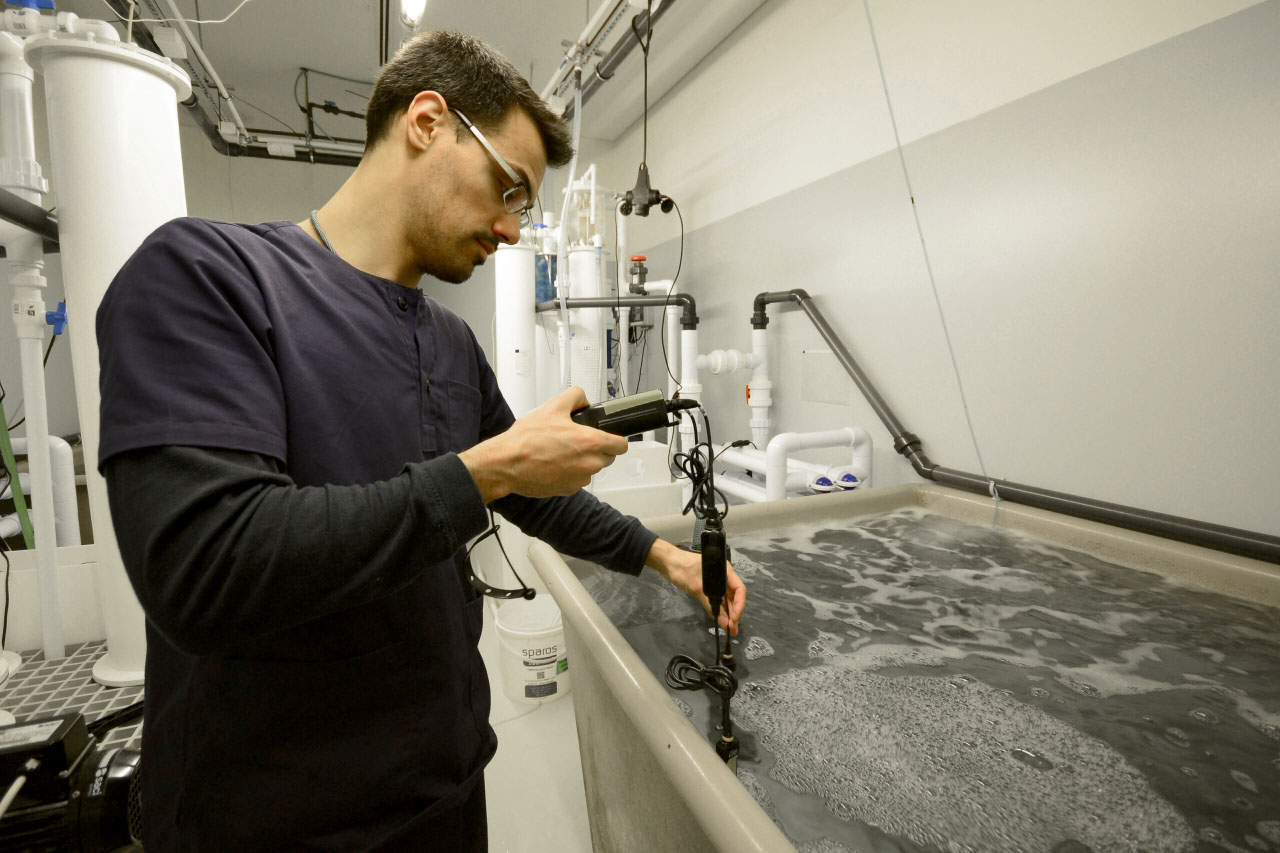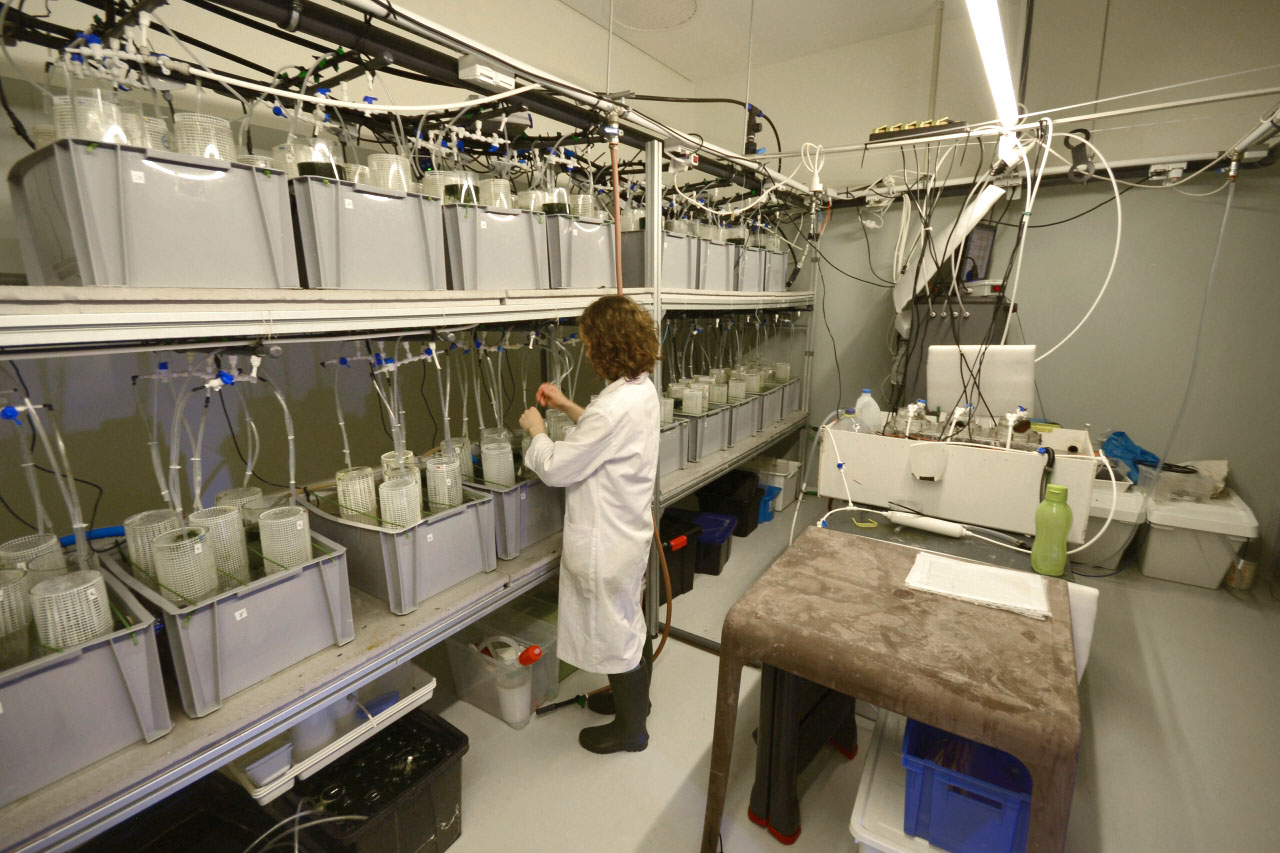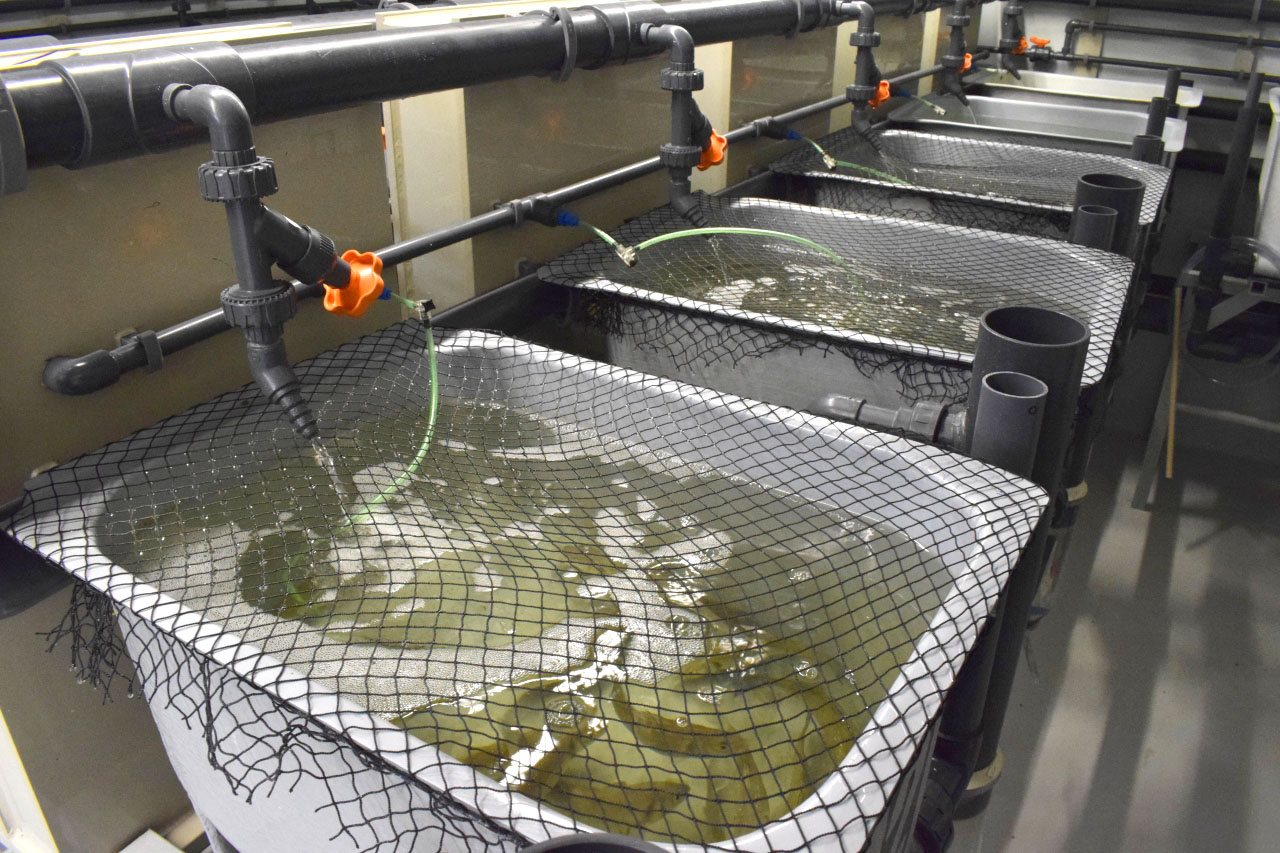

Group Leader
Benjamín Costas completed a Masters in Aquaculture by the University of Algarve in 2006, and in 2011 achieved a PhD degree in Animal Science by the University of Porto. Benjamín Costas is currently Principal Researcher at CIIMAR and Head of Aquatic Animal Health, a young and strongly motivated team highlighting nutritional immunology as main research line. Dr. Costas is passionate about aquatic animal health and welfare and is actually coordinating several national and international projects in those topics. Main research is targeting novel strategies to improve fish disease resistance and welfare as well as on non-invasive biomarkers of animal health.








